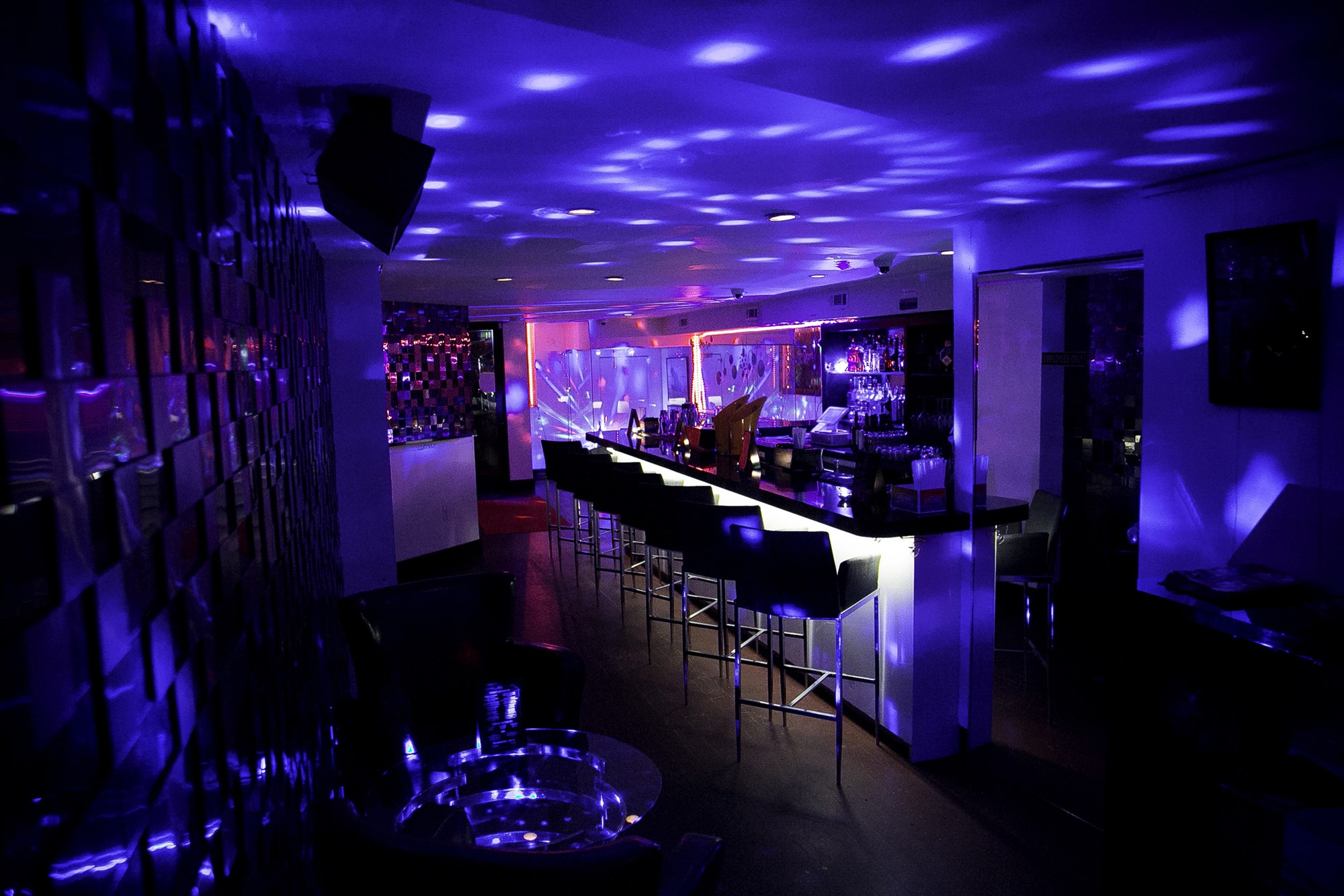Black-owned gay bars are dwindling. Can they survive Covid? (NBC News)

For more than two decades, gay bars, especially those owned by people of color, have been disappearing. Historically, these spaces were where the LGBTQ community gathered to find romance, make long-lasting friendships and engage in community activism. Throughout the 1980s, there were more than 1,500 such bars, a number that has declined steeply since the late ‘90s, with fewer than 1,000 existing today, according to a study published last year by Oberlin College and Conservatory professor Greggor Mattson.
The closures have had a disproportionate impact on bars catering to women and people of color: Between 2007 and 2019, LGBTQ bar listings dropped by an estimated 37 percent, and those serving people of color plummeted by almost 60 percent, according to the study. Though the reasons are not entirely clear, experts suspect the overall decline in gay bars is related to decades of skyrocketing rents and gentrification, which have disproportionately impacted small, Black-owned businesses; the emergence of online dating sites and apps; and circuit parties that rotate among venues, which have become increasingly popular among younger crowds.
Most of these business owners rely on personal finance and credit, and often lack relationships with banks, according to Cy Richardson, senior vice president for economics and housing programs at the National Urban League, a nonprofit that advocates for economic and social justice for Black Americans.
“Broadly, the notion of access to mainstream capital, that's where the racial wealth gap is really exacerbated,” he said.
Photo: Courtesy Alibi Lounge

